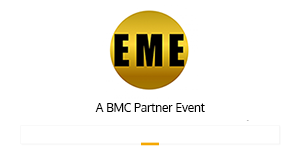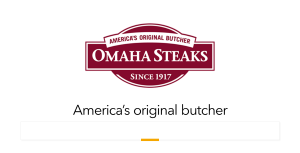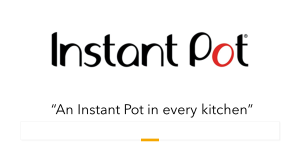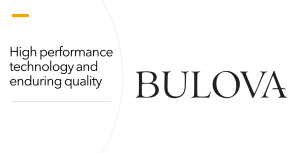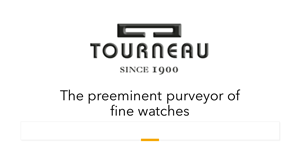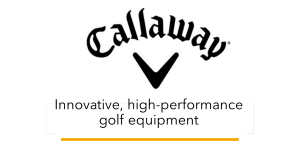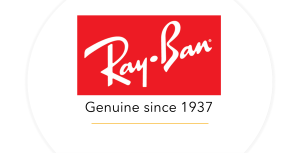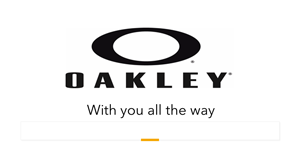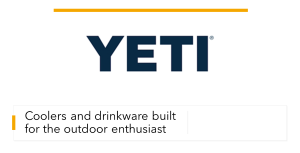IMA CPIM Certification Highlights Importance of Program Design
.jpeg) Over 250 individuals have received an Incentive Professional (IP) designation and more than 50 have earned the Certified Professional of Incentive Management (CPIM) certification, based on the “Principles of Results-Based Incentive Program Design.” The curriculum was originally commissioned under the direction of then IMA Executive Director Karen Renk and produced by Bruce Bolger, Enterprise Engagement Alliance founder, Rodger Stotz, now Managing Director of Delta Qi Consulting, and formerly an executive at Maritz Inc. and an advisor to the Incentive Research Foundation, with the help of David Chrisman, an instructional designer.
Over 250 individuals have received an Incentive Professional (IP) designation and more than 50 have earned the Certified Professional of Incentive Management (CPIM) certification, based on the “Principles of Results-Based Incentive Program Design.” The curriculum was originally commissioned under the direction of then IMA Executive Director Karen Renk and produced by Bruce Bolger, Enterprise Engagement Alliance founder, Rodger Stotz, now Managing Director of Delta Qi Consulting, and formerly an executive at Maritz Inc. and an advisor to the Incentive Research Foundation, with the help of David Chrisman, an instructional designer.
 Two Levels of Certification: IP and CPIM
Two Levels of Certification: IP and CPIM
Perspectives of CPIM Recipients
With the growing importance of program design in the Incentive, Rewards, and Recognition (IRR) field, RRN checked in on the status of the Incentive Marketing Association’s Certified Professional of Incentive Management (CPIM) with Bill Martocci, CPIM, President, Carlisle Sales & Marketing, and Certification Chair for the Incentive Marketing Association.
RRN: What does the IMA’s Certification Program encompass?
Martocci: The Incentive Marketing Association offers an Incentive Professional (IP) designation and a Certified Professional of Incentive Management (CPIM) certification.
RNN: With so much online education available today, is certification still important?
Martocci: Earning an IP designation or a CPIM certification is something you do for yourself, your career, and your customers. Best practices evolve and the certification educational content evolves with them. To maintain your CPIM, you must successfully renew the certification every three years.
Two Levels of Certification: IP and CPIM
RRN: How does one earn the designation and certification?
Martocci: The IP designation is earned by taking the Principles of Results-Based Incentive Program Design course. You must pass the course exam to earn your IP designation. The CPIM is a further certification IPs may apply for with the added criteria of industry participation. Points are earned for participating in association-specific activities as well as attendance at industry tradeshows and other functions. Earning a certification that exhibits industry knowledge in the IP and then the added components of interaction within the industry for a CPIM expresses any person’s commitment to being knowledgeable and active.
RNN: What does the content of the Principles of Results-Based Program Design focus on?
Martocci: It’s important to have a well-designed incentive program, and that’s what is emphasized in the course materials. The curriculum IMA has cultivated over the years remains strong and relevant for those interested in improving their industry knowledge. There are so many components to the industry from designing and running a program to the ever-changing legal landscape, I am confident even the most knowledgeable industry minds will learn something they had not known before studying these materials.
RNN: How long has the IMA been offering the IP and CPIM?
Martocci: The IMA has been offering accreditation for 18 years, and we have been updating the curriculum every few years. Over this time, a group of industry professionals has contributed significant time and energy to make this program a valuable training and career resource for incentive industry professionals and for those who want to better understand how effective incentive programs are designed. Contributors have included: The Incentive Research Foundation; the original authors, Bruce Bolger (CPIM) and Roger Stotz, CPIM, whose vision and dedication created an insightful resource for incentive planners; David Chrisman, CPIM, along with training consultants and curriculum designers Penny Drain and Dennis O‘Connor and were instrumental in expanding the program’s original content and making the curriculum the most comprehensive resource available on incentive program design, implementation, and measurement. Most recently, IMA President Emeritus, Barb Hendrickson, CPIM, and the numerous incentive professionals serving on the Certification Task Force worked on updating the course.
Perspectives of IP and CPIM Recipients
 Julie Ford, IP, Ford Incentives
Julie Ford, IP, Ford Incentives Julie Ford, IP, reports that she's a second-generation multi-line incentive representative, so she grew up in the incentive industry. The IP designation was on her radar for a while, as she knew it was a way to educate and differentiate herself within the industry, she says. When it came time to take the exam, she says she was initially nervous, but adds that the presentation and the sourcebook were great resources that helped ensure she would pass. Ford says the knowledge she gained from the course and exam has proven to be invaluable to her as she develops strategies and key metrics to evaluate programs.
 Benita Johnson, CPIM, Home Chef
Benita Johnson, CPIM, Home ChefBenita Johnson, CPIM, says she became involved in the incentive industry over 15 years ago when her role included managing a B2B (business-to-business) gift card program. She learned of the IP credential during her first IMA Summit and immediately became interested, as she wanted to further her career development with a certification that supported her area of expertise. Johnson says the process of earning her IP was simple and thorough and that she was able to better understand the application of gift cards to differentiate incentive programs. For anyone else considering getting their IP, she encourages them to go for it. After earning her IP, she furthered her accreditation by earning her Certified Professional of Incentive Management.
 David Rosenstock, CPIM, IncentiveSource, Inc.
David Rosenstock, CPIM, IncentiveSource, Inc.David Rosenstock, CPIM, joined the industry over 20 years ago. He first heard about the IP designation at an IMRA (Incentive Merchandise to Reward and Appreciate) Conference and became interested in pursuing it to become educated on all facets of the industry. Rosenstock believes the knowledge he gained from the course will be invaluable over time, including a deeper understanding of the theory and development of incentive and recognition programs. For anyone considering getting their IP designation, he encourages them to do it as soon as possible. He says he waited too long to get his and could have used the information he learned to benefit his career much earlier. After earning his IP, he furthered his accreditation by pursuing his Certified Professional of Incentive Management, CPIM.
For the latest news delivered by via email, subscribe here.
Education, Certifications, and Information to Activate
Brand Media and Enterprise Engagement
A complete learning, certification, and information program and a course syllabus for educators.
Resources: The Brand Media Coalition, the only guide to the story-telling power of brands and where to source them for business, event, promotional gifting, and rewards and recognition. Enterprise Engagement Solution Provider Directory. The only directory of engagement solution providers covering all types of agencies and tactics as well as insights on how to select them.
Communities: The Enterprise Engagement Alliance and Advocate and the Brand Media Coalition free resource centers offering access to the latest research, news, and case studies; discounts, promotions, referrals, and commissions, when appropriate to third-party solution providers from participating coalition solution provider members.
Training and Certification
Enterprise Engagement Alliance Education: Certified Engagement Practitioner; Advanced Engaged Practitioner, and Certified Engagement Solution Provider learning and certification programs on how to implement Stakeholder Capitalism principles at the tactical level.
International Center for Enterprise Engagement: The only training and certification program for ISO 30414 human capital reporting and ISO 10018 quality people management certification.
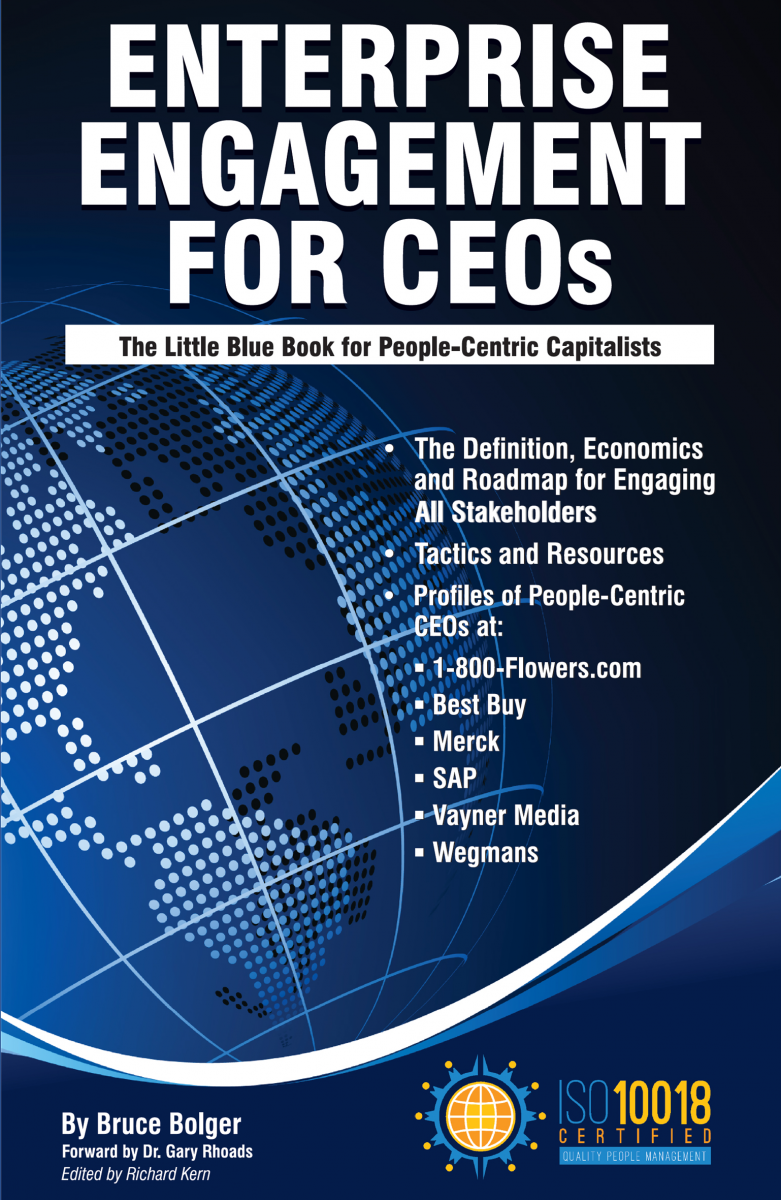
The EEA offers a complimentary course syllabus for educators.
In Print:
This is the definitive implementation guide to Stakeholder Capitalism, written specifically to provide CEOs and their leadership teams a concise overview of the framework, economics, and implementation process of a CEO-led strategic and systematic approach to achieving success through people. (123 pages, $15.99)

The first and most comprehensive book on Enterprise Engagement and the new ISO 9001 and ISO 10018 quality people management standards. Includes 36 chapters detailing how to better integrate and align engagement efforts across the enterprise. (312 pages, $36.)
Online:
10-minute short course: click here for a 10-minute introduction to Enterprise Engagement and ISO standards from the Coggno.com learning platform.
Services:
• The Engagement Agency at EngagementAgency.net, offering: complete support services for employers, solution providers, and technology firms seeking to profit from formal engagement practices for themselves or their clients, including Brand and Capability audits for solution providers to make sure their products and services are up to date.
• C-Suite Advisory Service—Education of boards, investors, and C-suite executives on the economics, framework, and implementation processes of Enterprise Engagement.
• Speakers Bureau—Select the right speaker on any aspect of engagement for your next event.
• Mergers and Acquisitions. The Engagement Agency’s Mergers and Acquisition group is aware of multiple companies seeking to purchase firms in the engagement field. Contact Michael Mazer in confidence if your company is potentially for sale at 303-320-3777.
Enterprise Engagement Benchmark Tools: The Enterprise Engagement Alliance offers three tools to help organizations profit from Engagement. Click here to access the tools.
• ROI of Engagement Calculator. Use this tool to determine the potential return-on-investment of an engagement strategy.
• EE Benchmark Indicator. Confidentially benchmark your organization’s Enterprise Engagement practices against organizations and best practices.
• Compare Your Company’s Level of Engagement. Quickly compare your organization’s level of engagement to those of others based on the same criteria as the EEA’s Engaged Company Stock Index.
• Gauge Your Personal Level of Engagement. This survey, donated by Horsepower, enables individuals to gauge their own personal levels of engagement.
For more information, contact Bruce Bolger at Bolger@TheEEA.org, 914-591-7600, ext. 230.


.jpg)



